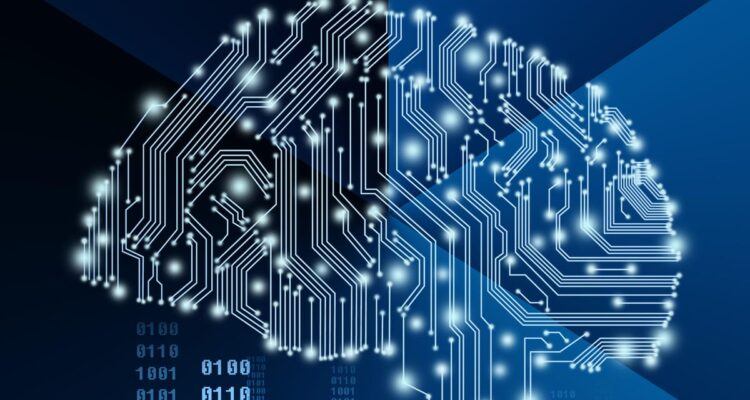B2B companies are following in the footsteps of B2C companies, employing machine learning for a wide range of applications, including intelligent chatbots, personalized suggestions, and hyperlocal advertising.
It’s time for B2B companies to enter the fray. Below are the examples of how machine learning may help B2B companies:
Increasing the effectiveness of ABM
ABM strategies empower marketers to focus on creating specialized and better-targeted campaigns, addressing the specific needs of a fixed set of accounts. Lead generation remains critical to the growth of any B2B business, and ABM strategies allow marketers to focus on creating specialized and better-targeted campaigns, addressing the specific needs of a fixed set of accounts.
Many B2B companies save a large portion of their ABM and lead in CRM software. When leads enter the CRM but are not properly labeled, marketing opportunities are frequently missed. ML, on the other hand, provides for the automatic filling of gaps in client information. Missing client fields and tags, such as account name, account ID, phone number, company, and email address, can also be added.
By automating tedious activities, ML allows experts to focus on improving the degree of personalization required for ABM by bringing together customer data at the account record or individual customer ID level. Data unification entails using AI to match and validate data, so that match rates improve as additional data is processed.
Providing appropriate B2B content at the perfect time
B2B clients demand the same experience as B2C customers when it comes to content – simple access to relevant and personalized material from any device. Marketers can now create leads immediately from website content without requiring users to fill out lengthy registration forms, thanks to machine learning. As a result of website visitor data insights, content can be tailored and offered to potential buyers at the appropriate time. Customers in the B2B world consume content based on their purchasing needs and where they are in the purchase process. Content is presented at several buyer engagement points and is automatically adjusted to match the customer’s expectations in real-time.
Marketing requires segmentation, which involves categorizing clients based on certain characteristics such as income level, behavioral tendencies, and geographic region. Understanding the demands of each customer at every stage of their buying experience — including product research and discovery, as well as product purchase — is critical for B2B organizations. Customers demand contextual and adaptive 1:1 customization – every piece of consumer outreach should be tailored to a specific environment and delivered at the optimal time. For hyper-segmentation, ML aids in achieving such a granular level of personalization – grouping and splitting each item of available customer data.
In today’s world, machine learning is extremely important to any organization. B2B firms can benefit from machine learning in a variety of ways, including improving customer knowledge, generating more leads, developing high-quality omnichannel partnerships, and much more. It’s time for CMOs to give their marketers the tools they need to use machine learning to improve the entire marketing funnel and campaigns.
Like this post? Checkout our Featured Stories Section






No Comments